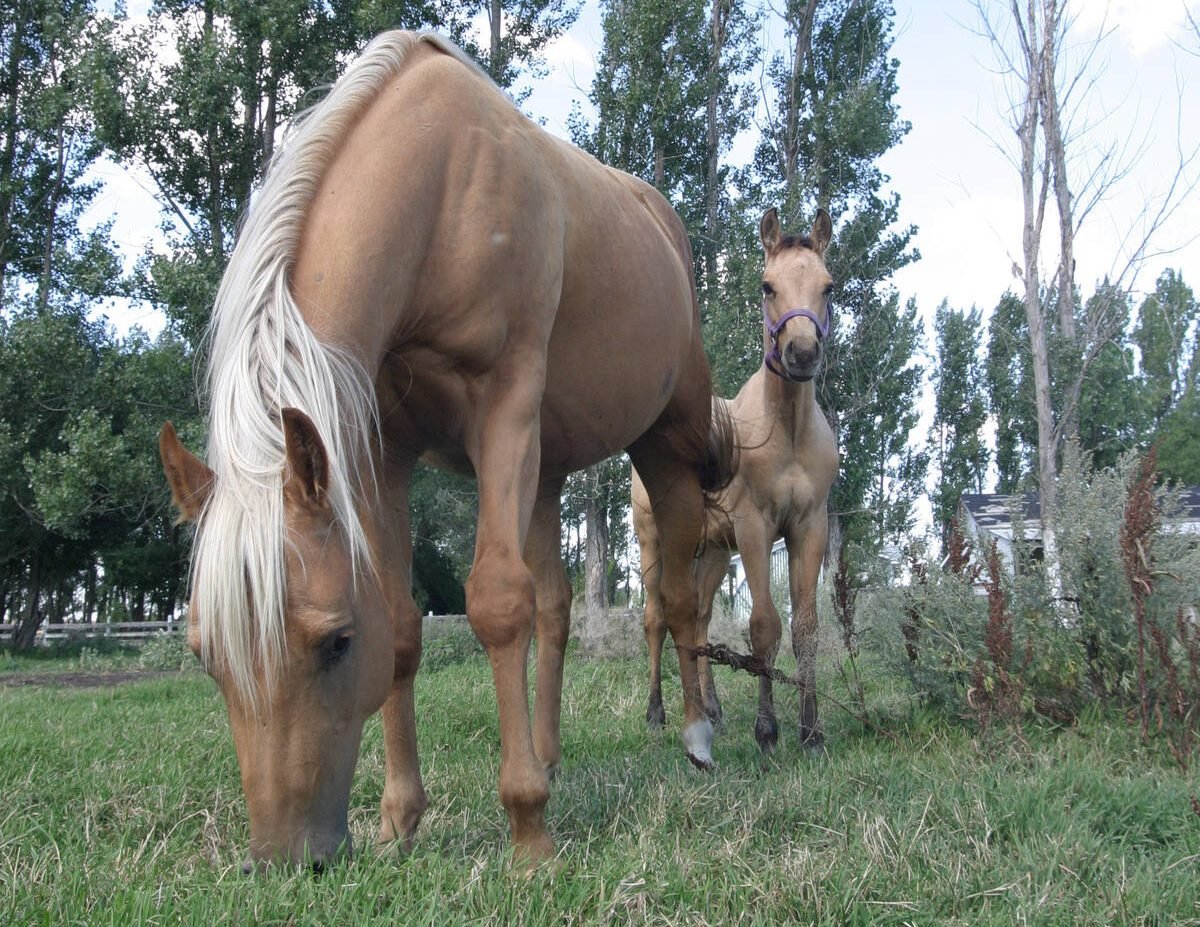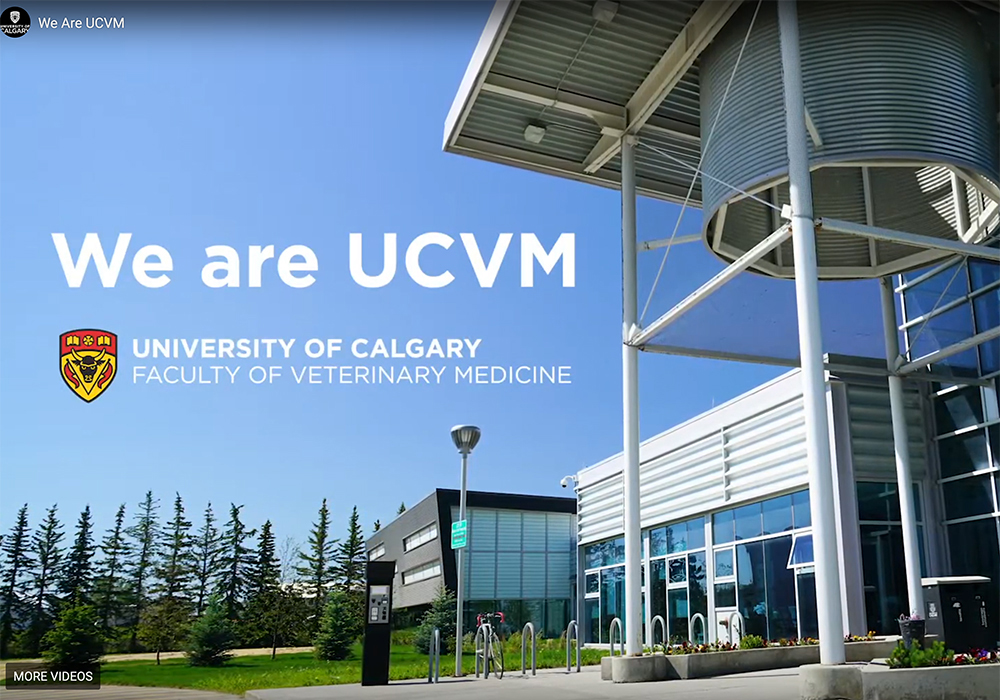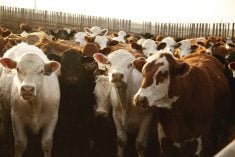Academic is optimistic about U of C college’s future, but says the province’s financial challenges can create uncertainty
In the midst of expansion, the University of Calgary’s Faculty of Veterinary Medicine has a potential shadow looming, said its outgoing dean.
Baljit Singh is worried the province’s economic downturn, along with university budget cuts, could “send a signal to really bright and intelligent professors and students that Alberta is not a place for them.
“So far, we are retaining all the people and we have recruited more people, but I hope that it doesn’t go to a level where we begin to lose our professors and the technical staff to other universities in other provinces.”
Read Also

Growth plates are instrumental in shaping a horse’s life
Young horse training plans and workloads must match their skeletal development. Failing to plan around growth plates can create lifelong physical problems.
Singh stepped down as dean on Oct. 31 after overseeing a recent expansion, including a $3.4-million pilot project to test livestock for diseases.
He is returning to the University of Saskatchewan in Saskatoon to become the new vice-president of research effective Feb. 1. He worked there for 17 years, ending up as associate dean of research at the university’s Western College of Veterinary Medicine, before leaving for Calgary in 2016.
“It is like my home,” he said about Saskatoon, adding the time he spent there was the longest period he’s ever been in one place.
Singh said the decision to return to Saskatoon does not signal a lack of confidence in the future of the University of Calgary veterinary program. As a Sikh who grew up in an agricultural family in India, he counts himself blessed to have been its dean.
He said the current provincial economy has prompted budget cuts at the Calgary school, and continued cuts are expected in the future. However, that’s to be expected.
“I would not want to be any different than anybody else in this province who is going through difficult times, and the government has to make priorities and so we are getting budget cuts.”
But Singh still believes the faculty has its brightest days ahead. It was founded in 2005 and brought in its first students three years later. It is the youngest of only five such faculties in Canada.
Its first graduating class was eight years ago in 2012, said interim dean Robert McCorkell.
“It’s a very young faculty, but by any of the measures that have been applied to it, it ranks very well on the world stage.”
An entire working ranch valued at $44 million was donated to the faculty in 2018, the largest ever such gift to a North American university. The W.A. Ranches near Cochrane, west of Calgary, including 1,000 head of cattle, was donated by businessperson J. C. (Jack) Anderson and his daughter, Wynne Chisholm.
The faculty is working on its plans for the 19,000-acre ranch, said Singh. It will act as a kind of living laboratory for multiple faculties to use a one-health approach to complex problems affecting livestock, people, wildlife and the environment.
It could also provide hands-on knowledge to farmers and ranchers through extension activities and workshops.
“The outreach that we have, we’ve got pretty good relationships with our community, and we want to keep them stronger and interactive,” said McCorkell.
Singh said the faculty also wants to use the ranch to help bridge the gap between agricultural producers and consumers, especially young people, said Singh.
As part of the first such partnership in Canada, the faculty collaborated with the University of Calgary’s School of Public Policy to create the Simpson Centre for Agricultural and Food Innovation and Public Education.
It was launched in February following a $5-million donation from John Simpson, chair of the CANA Group of Companies and owner of a ranch in the Cochrane area. Other donors included Alberta Beef Producers, the Canadian Cattlemen’s Association, and the Alberta Cattle Feeders’ Association.
The centre hopes to work with the government and other entities to create better evidence-based policies, said Singh. Issues include the impact of global trade and climate change on agriculture.
Another piece in the faculty’s recent efforts to better help Alberta producers is the $3.4-million pilot project to test livestock and other animals for diseases. Funding was recently provided through the Canadian Agricultural Partnership, a shared federal-provincial program.
The new service aims to bridge a decades-old gap in testing in Alberta that forced veterinarians to send samples outside the province, costing agricultural producers both time and money.
A new laboratory at the faculty’s Spy Hill campus in Calgary is expected to allow researchers to determine resistance patterns to antimicrobial drugs in bacteria in livestock.
Researchers will also be better able to identify new and emerging diseases in animals that could potentially infect people.
The faculty is also expanding the number of students it accepts each year in the doctor of veterinary medicine program, said Singh. The total was increased in September to 50 students, from 30, with as many as 120 people per year vying to enter the program, he said.
















